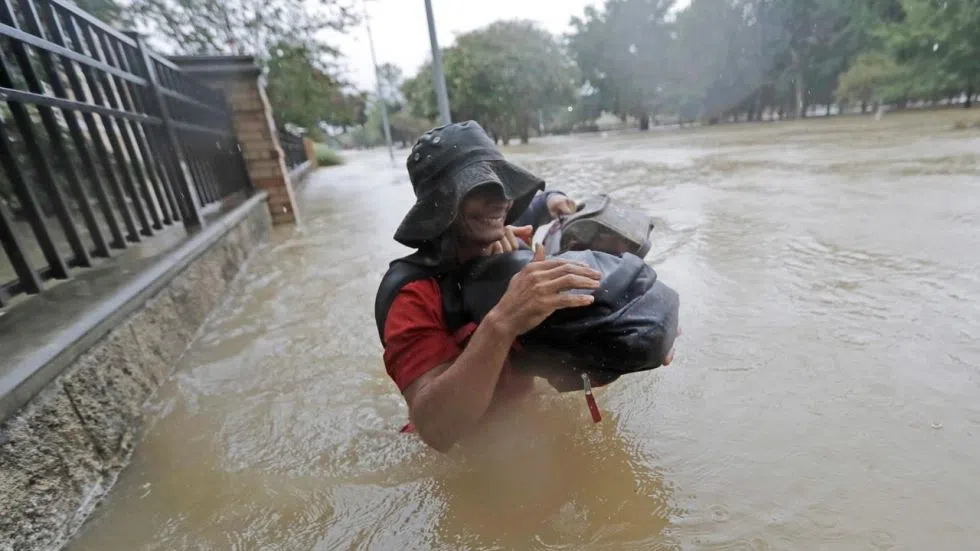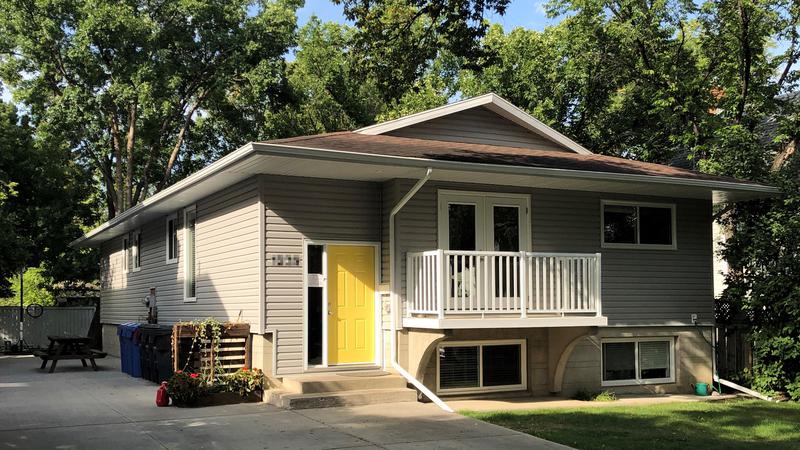
Learning the lessons of a catastrophic storm
LETHBRIDGE – “A disaster waiting to happen.”
Cindy Ermus says it’s a recurring theme in media coverage of a catastrophe like Hurricane Harvey. It’s also been a theme throughout history. But she says all cities can learn from the costly lessons.
“By the time you get around to putting a regulation in place, or putting it out for a vote, people forget, people have already forgotten, and they don’t expect disaster to happen again.”
—Cindy Ermus
“It comes as a result of a disaster,” the University of Lethbridge assistant professor said in an interview. “The disaster strikes first, rather than put certain preventative measures in place, the disaster strikes first and then cities respond.”


